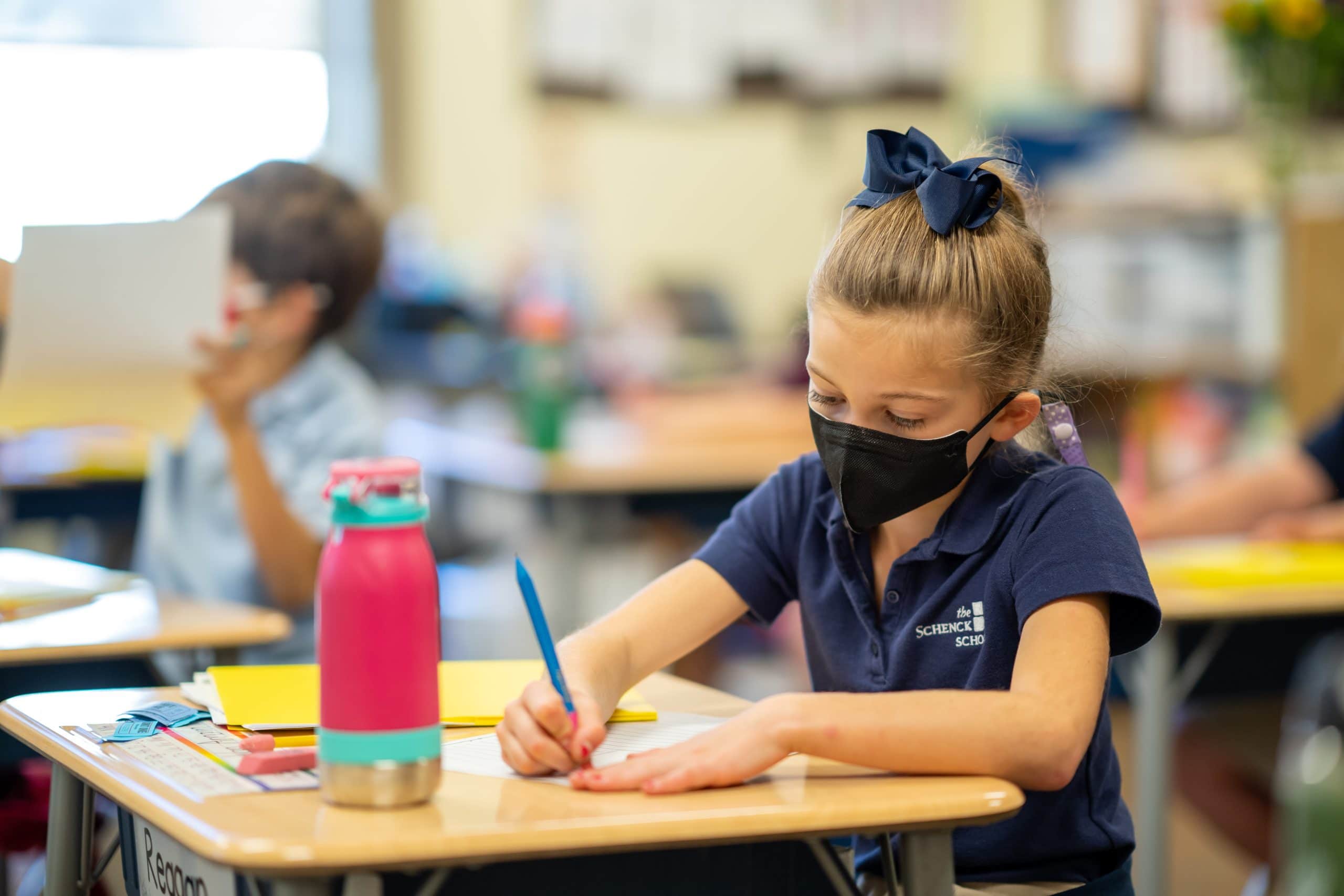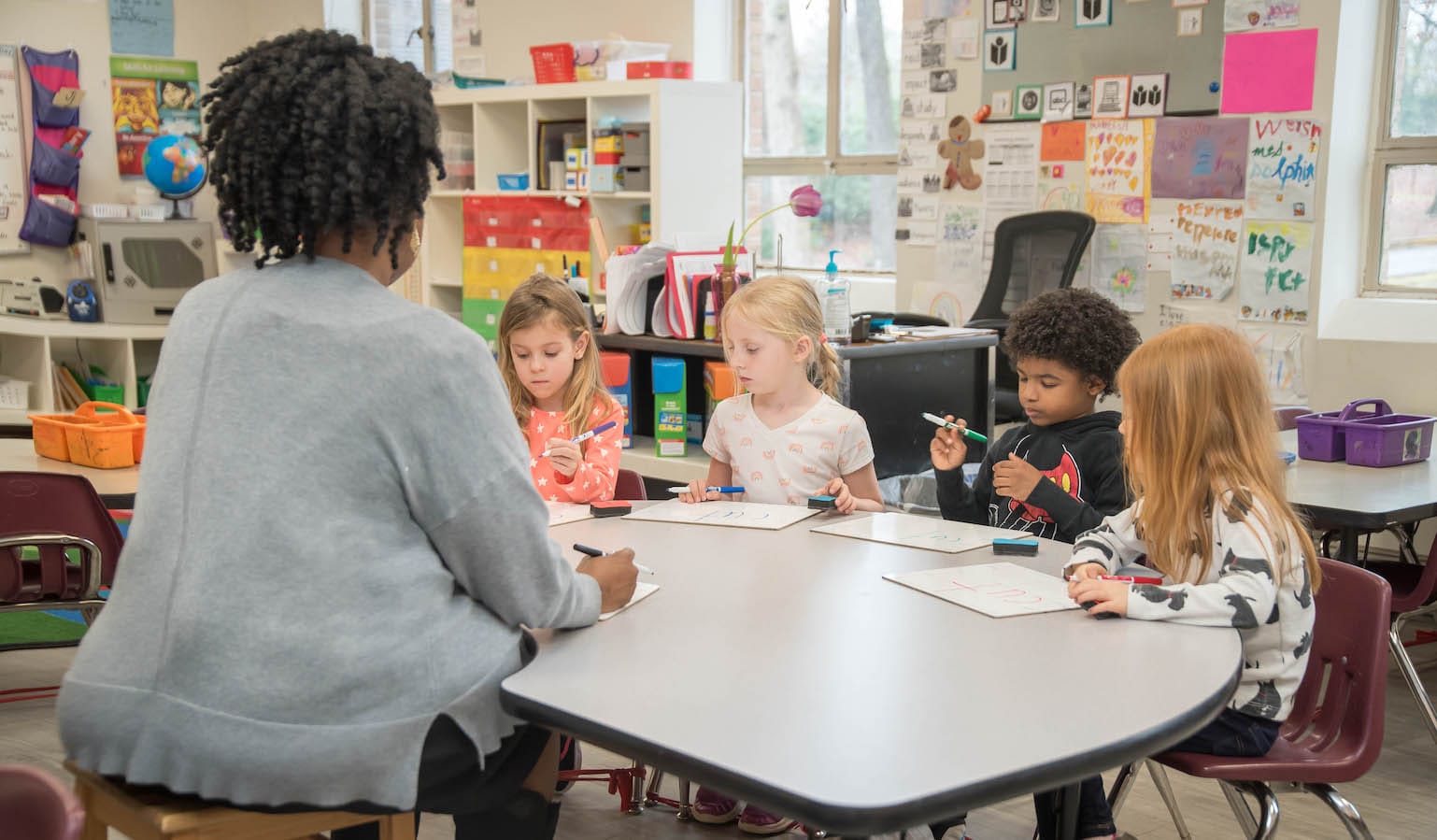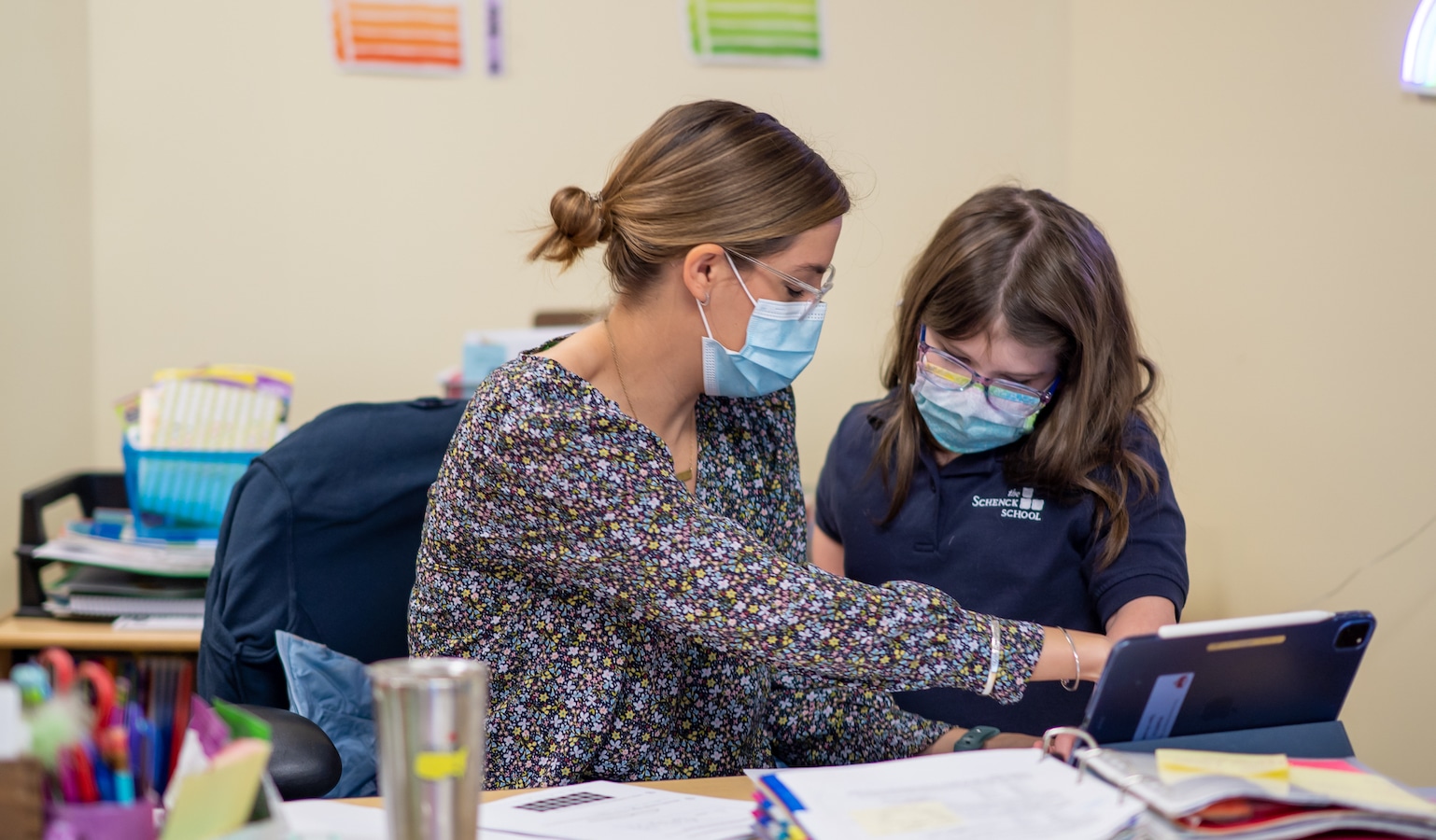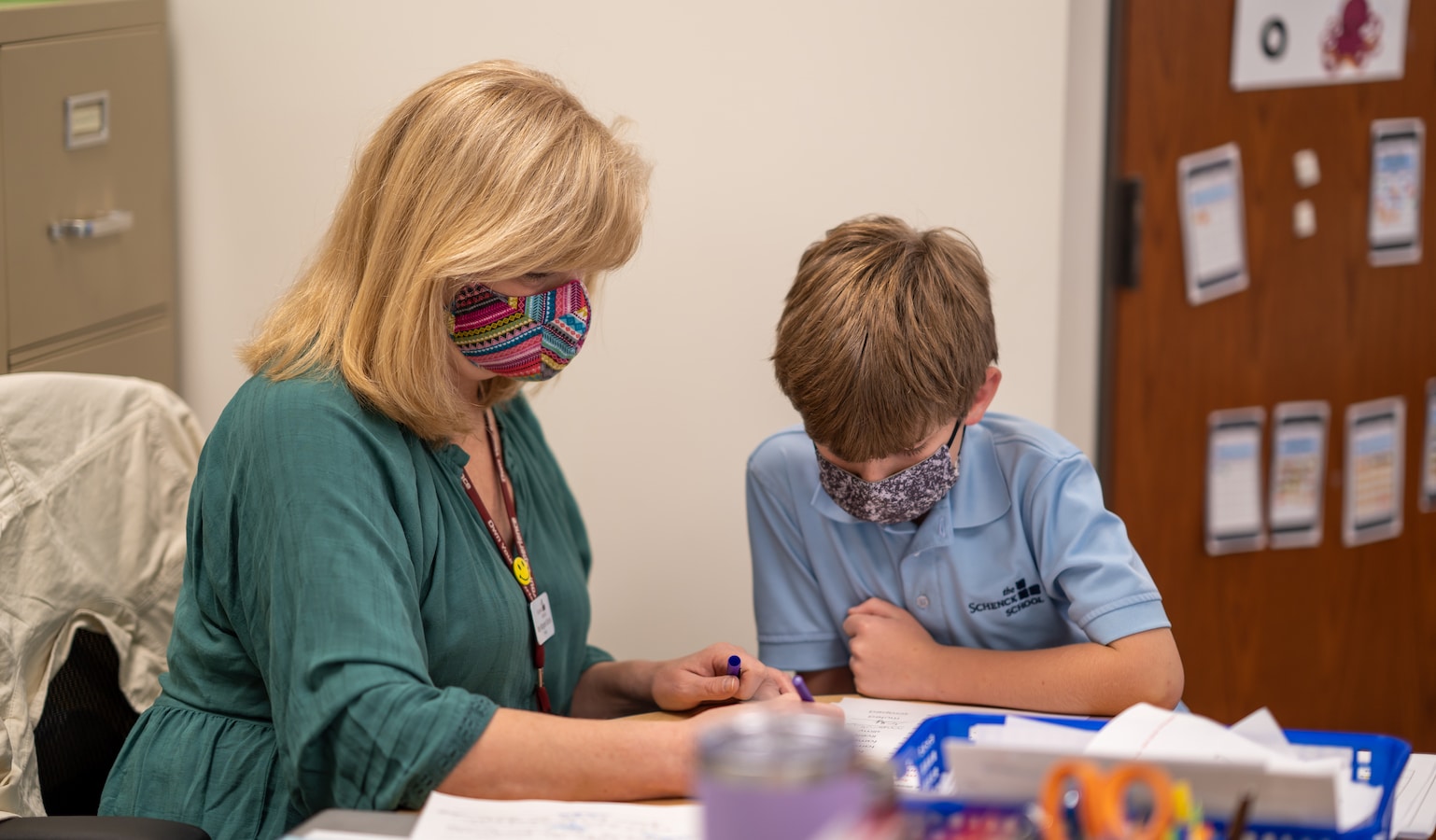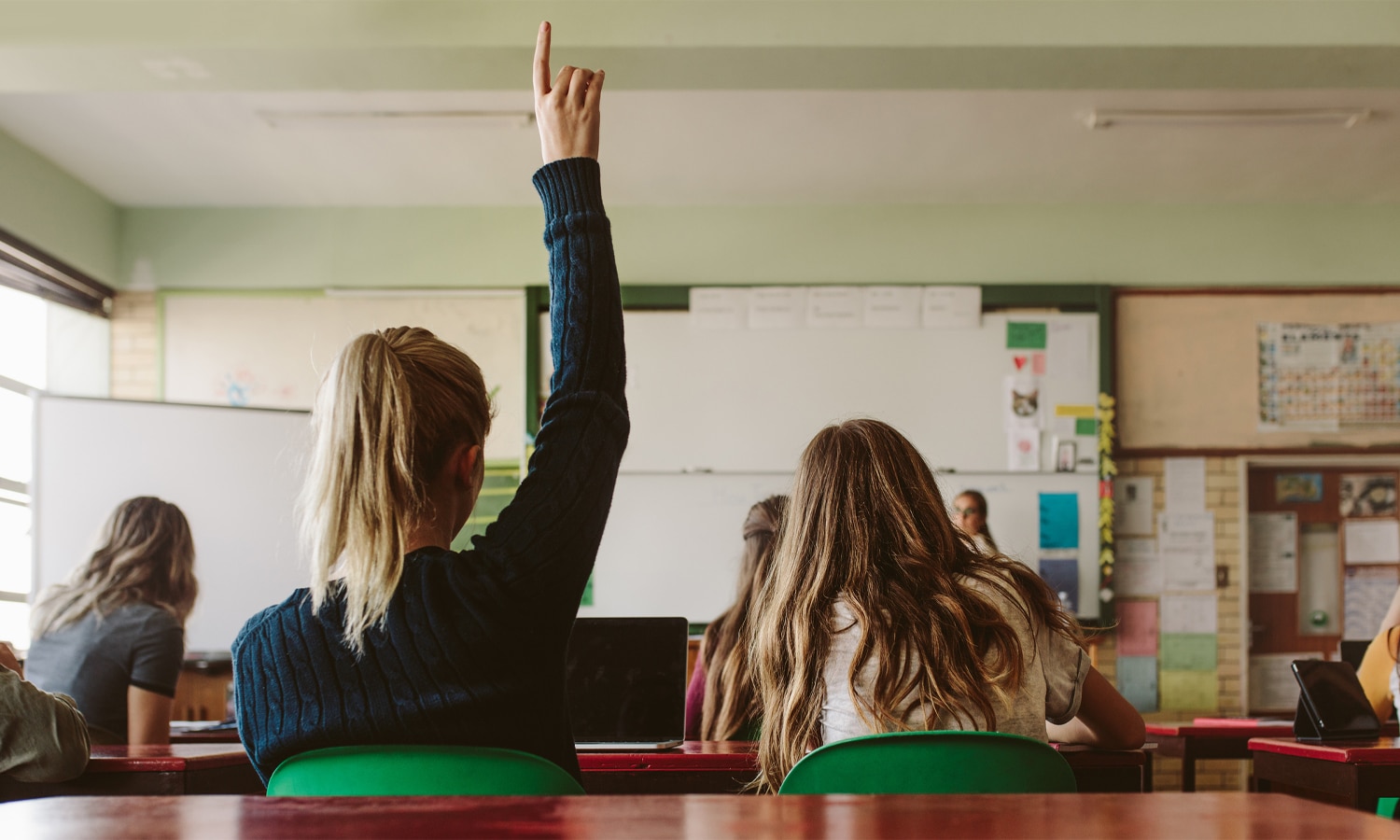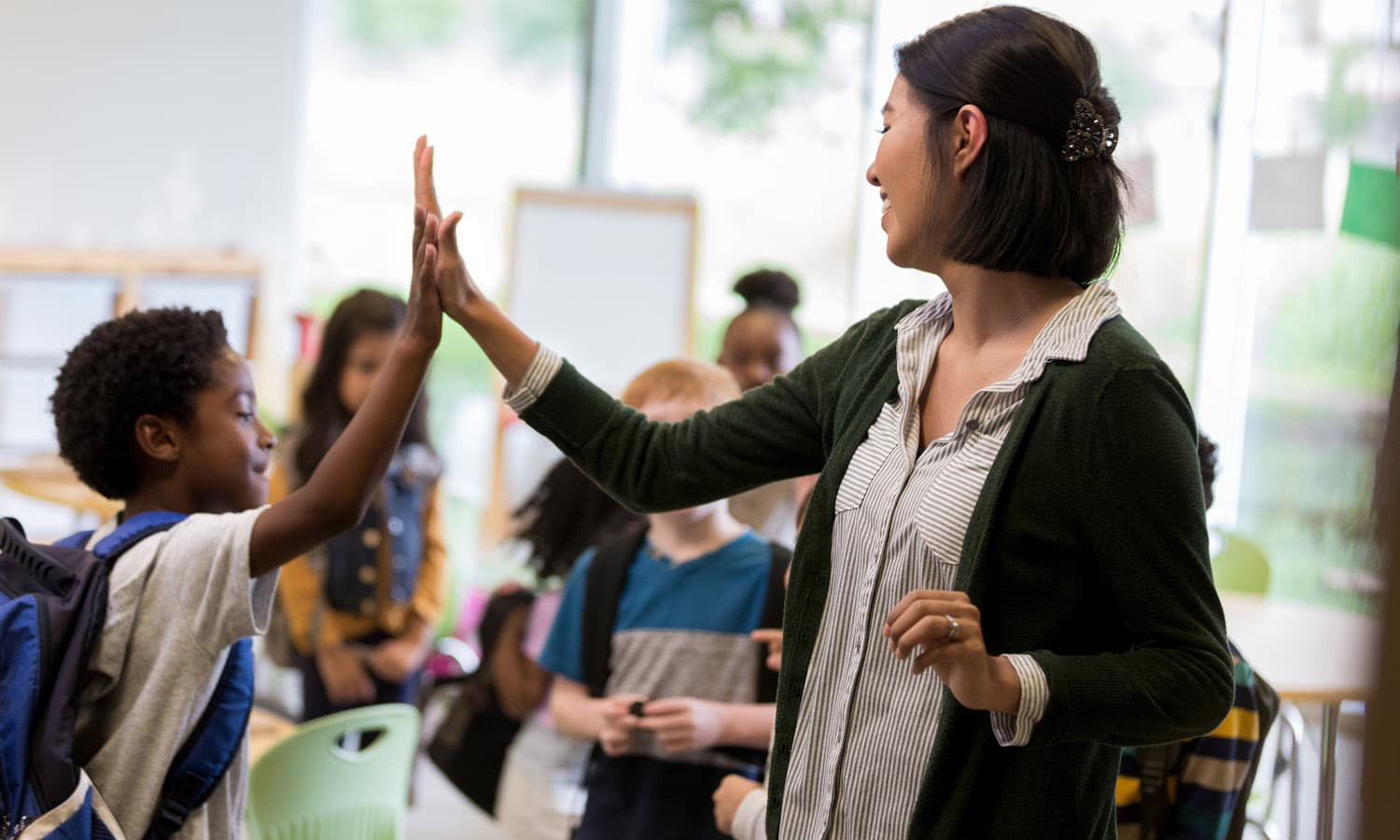Expository writing—writing designed intentionally to educate and explain—is a valuable tool for struggling readers. Working with expository texts helps students organize thoughts, follow a plan, and understand the purpose of writing structures. However, students often find expository writing exercises lackluster in unique subject matters, especially those who struggle to read. So how can teachers overcome these obstacles?
Our Blog
3 Things to Know About Structured Literacy for Reading Remediation
Students who struggle with reading require strategic and effective instruction that best serves their particular needs. Reading remediation is a great method to address the learning challenges that dyslexic students face. By utilizing remediation techniques, the instructor introduces multisensory, creative approaches to help dyslexic students fulfill their potential. However, before introducing these strategies to students, teachers should know what they entail and how to implement them efficiently. Read below to learn three vital things about reading remediation and how a structured literacy approach helps dyslexic students thrive.
Three Reasons Teachers Should Consider Orton-Gillingham Training
Training programs for teachers can provide numerous benefits, from staying up-to-date with current research to professional development. Educators who seek teacher training may be motivated by several factors, but the ultimate goal for teacher training is to benefit students. Teacher training empowers educators with valuable skills and methods to implement in the classroom. While there are many programs for teachers to consider, few are as insightful, resourceful, and unique as Orton-Gillingham training programs.
The Importance of the Student-Teacher Connection for Struggling Readers
The relationship between a student and a teacher can significantly mark a learner’s academic journey. Teachers who are attentive to the needs and concerns of their students create important bonds and foster a positive learning environment. Children with learning differences, like dyslexia, significantly benefit from positive student-teacher connections as they face unique challenges in academic settings.
Five Early Signs of Dyslexia that Teachers Can Recognize
Because children spend so much time at school, they foster a unique relationship with teachers who play an integral role in helping a child thrive and overcome learning obstacles. Due to this time spent together, educators are often the first to notice when students struggle with important tasks or do not meet academic expectations.
What Are Common Accommodations for Dyslexia?
Dyslexic learners thrive when they receive tailored support from their teachers and parents. No two students learn in exactly the same way, and dyslexic students have unique educational experiences that require different types of instruction. Although students with dyslexia may struggle with executive functioning and essential reading skills, encouraging them to take advantage of helpful accommodations can give dyslexic learners the skills they need to achieve great things.
Teaching Self-Advocacy Skills for Dyslexic Students
From executive functioning abilities to phonemic awareness, no skill is too difficult to master for dyslexic students when they have the support of parents and educators. Another capability that can make an extraordinary difference in dyslexic students’ lives is learning to advocate for themselves. Self-advocacy is a helpful skill for students with learning difficulties and may need classroom accommodations. Educators and parents who want their students to gain more independence and confidence should prioritize self-advocacy skills so children can communicate their needs efficiently. Read below to learn more about how dyslexic students can advocate for themselves and how self-advocacy can make a difference in a child’s life.
6 Dyslexic Thinking Skills Teachers Should Keep in Mind
The dyslexic brain processes information differently than a typical brain, and as a result, dyslexic learners have thinking skills that are unique and creative. Students with dyslexia look at the world differently and have a distinct way of thinking that is connected to how they process information around them. Teachers who are aware of dyslexic thinking skills can implement the right teaching strategies to support students with dyslexia. Read below to learn about six dyslexic thinking skills inspired by Made By Dyslexia that teachers should keep in mind!
Defining Dyslexia and Dysgraphia
Students with dyslexia and dysgraphia face unique academic challenges that they can overcome with the right attention from parents and teachers. The first step to helping students with dyslexia or dysgraphia learn successfully is understanding the differences between these conditions. Parents and educators who recognize the distinctions between these learning differences can provide students with the appropriate attention and care. When students receive the appropriate interventions for their learning needs, their potential is limitless! Read below to learn more about the differences and challenges of dyslexia and dysgraphia and how parents and teachers can help.
Who Can Benefit from Orton-Gillingham Training?
Educators and parents who work with struggling readers are always searching for ways to make a positive impact and encourage student growth. However, teachers and tutors need the right tools to empower students to improve their reading skills and achieve success in and out of the classroom. Orton-Gillingham training can equip educators and parents with the skills they need to work effectively with struggling readers and students with learning differences like dyslexia. Read below to learn more about who can benefit from Orton-Gillingham training.
